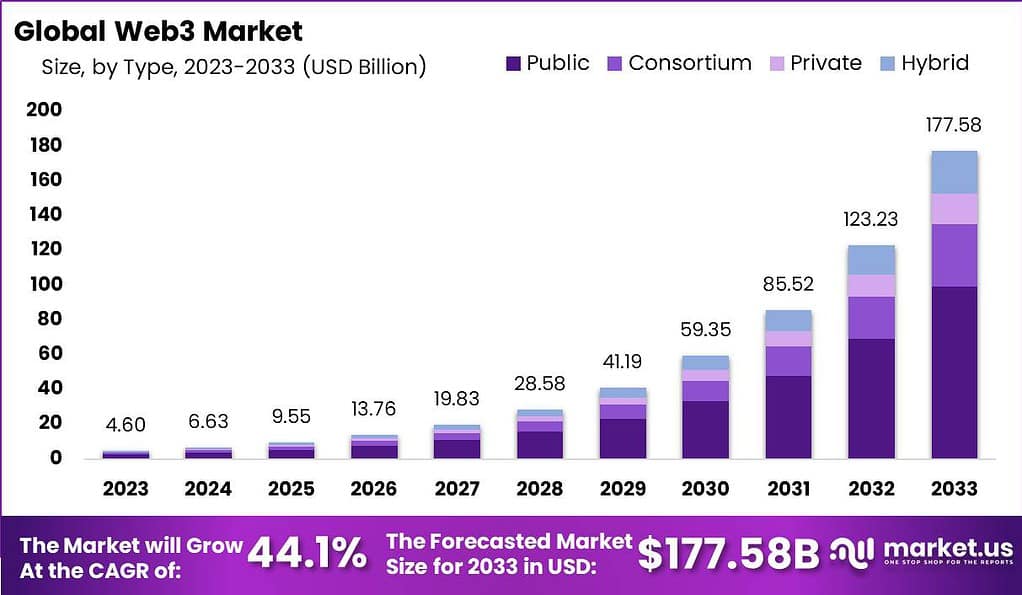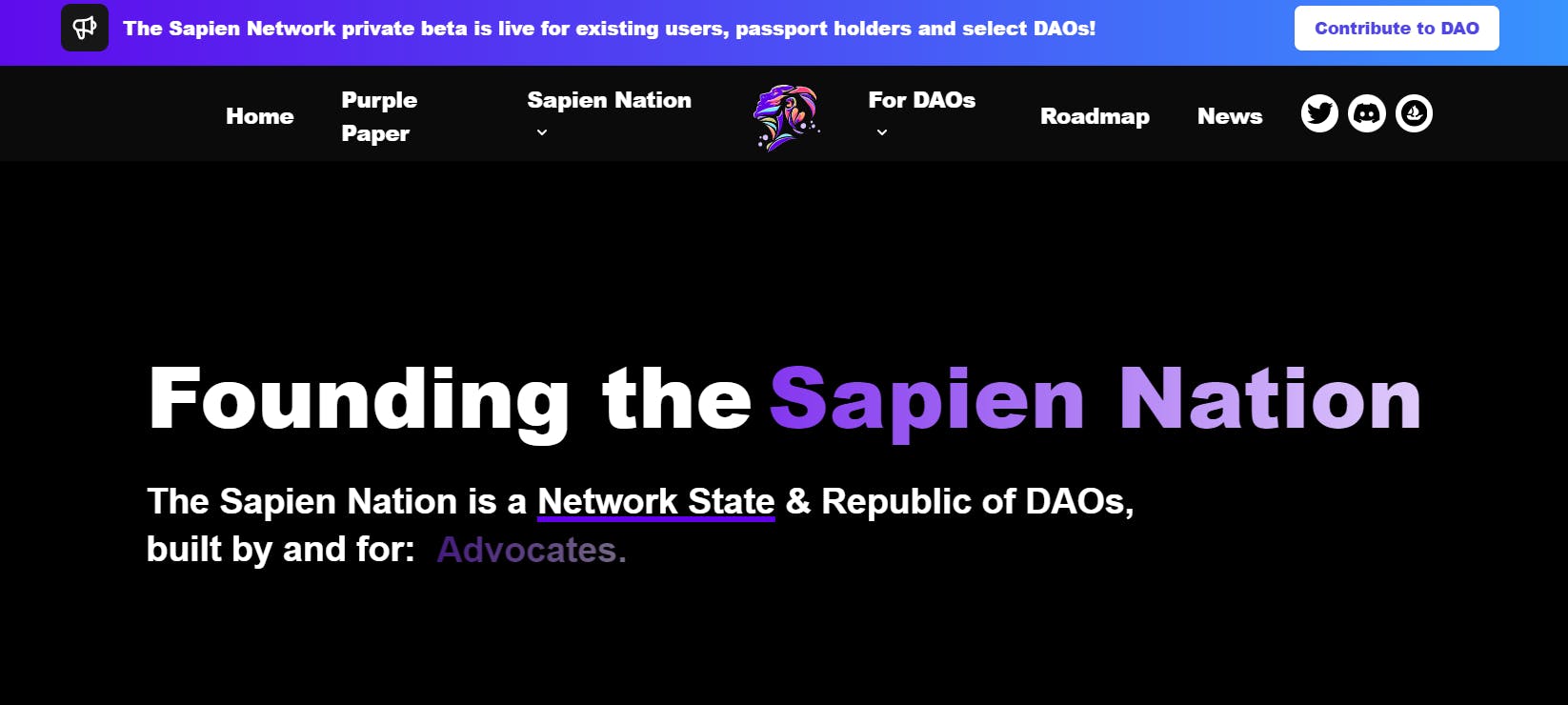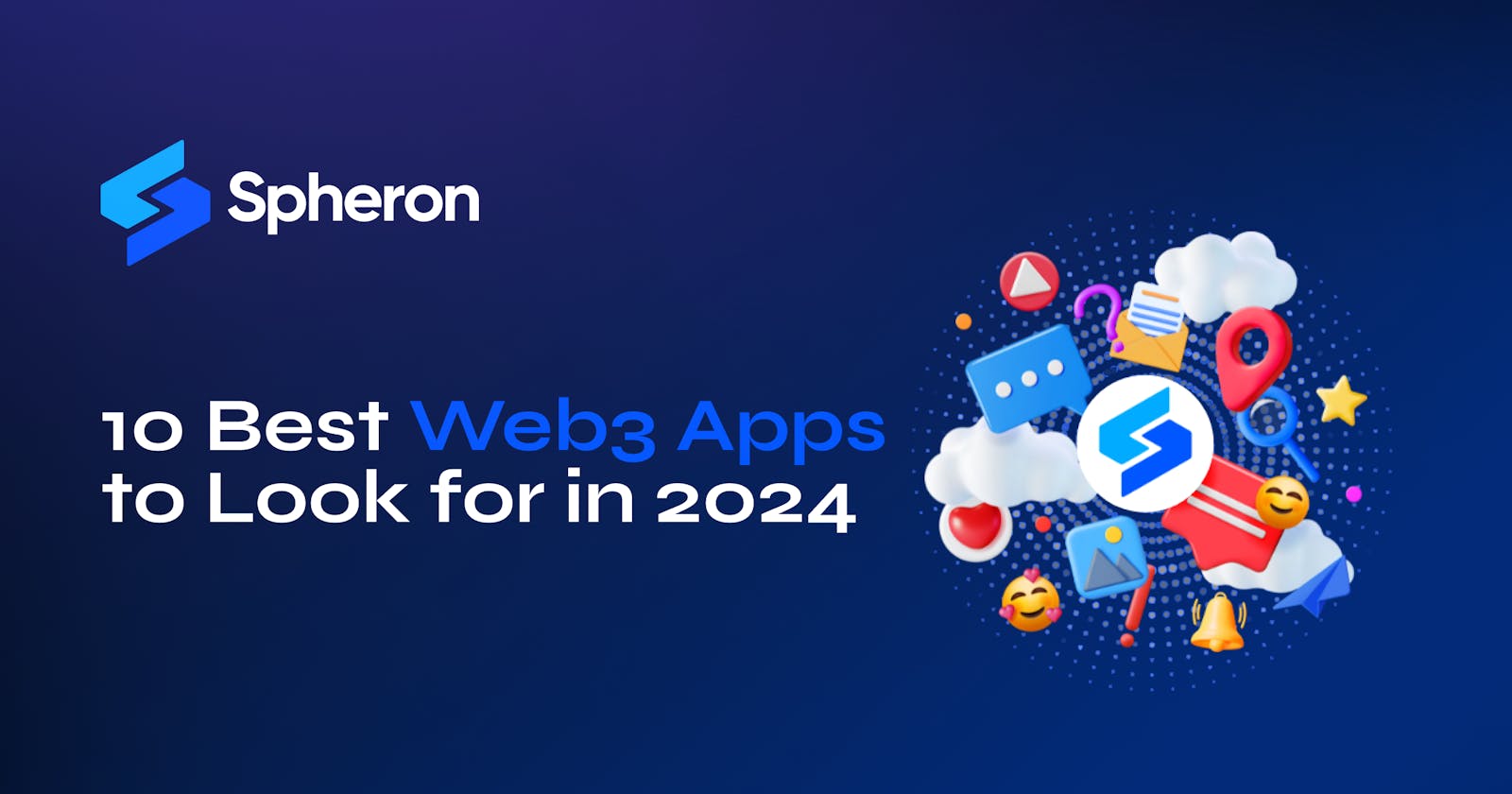The digital landscape has been constantly evolving, and in 2024, Web 3.0 applications have taken center stage. As we move forward, various platforms have emerged as frontrunners, revolutionizing the way we interact, transact, and engage online. This article provides an in-depth analysis of the top 10 most popular Web3 applications that have captured the attention and usage of users worldwide. These applications are pushing the boundaries of innovation in the digital realm, ranging from decentralized finance to immersive virtual experiences, and setting new benchmarks for others to follow.
The Global Web3 Market size is poised to cross USD 6.63 Billion in 2024 and is likely to attain a valuation of USD 177.58 billion by 2033. The Web3 Industry share is projected to develop at a CAGR of 44.1% from 2024 to 2033.

What is a Web3 Application?
Decentralized applications, also referred to as DApps or Web 3.0 applications, mark the future of Internet applications. Unlike the centralized models present in Web 2.0, these applications operate on decentralized networks. The revolutionary Blockchain technology forms the foundation of Web3 technology, offering data and transactional transparency, security, and immutability. One of the most notable features of these applications is the absence of a central authority, thus promoting trustless interactions among users.
Top 10 Web 3.0 Apps in 2024
In 2024, there will undoubtedly be a few Web3 applications that will stand out and lead the way in terms of innovation and user benefits. Without further ado, let us present to you the top 10 Web3 applications that will dominate the field in 2024.
1. Brave
Web3 applications are all the rage these days, and among them, the Brave app stands out as the undisputed champion of user privacy and experience. Unlike Web2 websites such as Google Chrome and Mozilla Firefox, which put users' privacy at risk, the Brave app uses blockchain technology to block intrusive advertisements and trackers while users browse websites. It helps preserve privacy and allows users to monetize their data by exchanging it for Brave tokens. Now, by simply spending time interacting with a website, one can easily earn tokens and rewards.
Brave Search is a privacy-focused search engine that aspires to be an independent alternative to other search engines. Unlike other fingerprinting prevention solutions, Brave uses fingerprint randomization to make the browser look different from others so its users cannot be identified or tracked. With Brave, you can rest assured that your online activities are safe and secure.
2. Opensea

Opensea Users can buy and trade non-fungible tokens on OpenSea, a decentralized marketplace. It is heavily relied upon to create and transfer digital collectibles ownership. OpenSea leverages smart contracts created for purchasing and selling certain digital assets as a decentralized marketplace. Users can safeguard the custody of their NFT collectibles on the platform via smart contracts, protecting the creators' creations.
OpenSea users can give NFTs to other OpenSea users as gifts. Also, creating a marketplace is completely free in this application. The cost for each sale is moderate compared to those charged by other NFT marketplaces. It offers opportunities to get NFT gifts from others on any platform.
3. Axie Infinity

Axie Infinity, a cutting-edge web3 gaming platform, utilizes the play-to-earn model that allows players to play, earn, and exchange NFTs-based game assets, including weapons, skins, cars, and collectibles. To access the Axie Infinity platform, users must complete a multi-step process, which includes creating an account and connecting their wallet. The cryptographically distinct tokens earned in the game grant ownership and permit trading of Axies on the game's market for real money. Additionally, players can pay to add new features, content, or gear, or to advance through the game more rapidly.
4. Spheron Network

Spheron Network is a web3 infrastructure platform that provides tools and services to decentralize cloud storage and computing, allowing audited data centers to join the Spheron marketplace. The decentralized and governed nature of the infrastructure, overseen by Spheron, ensures permissionless access and heightened security for all users. Spheron Compute offers a feature-rich alternative to traditional cloud services at only one-third of the cost.
Spheron offers a Compute Marketplace, which allows users to set up useful tools quickly and easily, whether they want to deploy databases, nodes, tools, or AI. With Spheron, you don't have to worry about the technical stuff, and you can focus on deploying your Node with ease. Spheron Network has also partnered with organizations like Shardeum,Avail, Elixir,Filecoin, Arbitrum, etc, to redefine access to it and promote a more decentralized, inclusive, and community-centric ecosystem.
Spheron provides features such as Private images, Auto-scale instances, Scale on demand, Real-time instance metrics, faster GPUs, Free Bandwidths, Terraform Providers and SDKs, Instance health checks, activity, shell access, and more. Spheron provides add-on storage solutions for long-term data storage and edge bandwidth acceleration through its global CDN. With Spheron, you can easily set up your nodes in just a few minutes and enjoy low maintenance and operations costs and a great developer experience.
If you don’t already have a Spheron account, sign up here!
5. Sapien

The Web3 landscape of 2024 will witness Sapien as a game-changer in social news platforms, utilizing the Ethereum Blockchain for its operations. With its user-customization priority, Sapien stands out from conventional platforms like Google or Facebook. The platform's commitment to eliminating ads and fees will ensure a more user-centric experience. Sapien will offer a robust infrastructure that enables the seamless creation and publication of applications, fostering diverse interactions such as communication, information exchange, and community building.
By delivering an organized online experience, Sapien's overarching goal in 2024 is to align seamlessly with the evolving dynamics of decentralized technologies. Sapien'shighly customizable and ad-free environment will reshape the landscape of social news consumption, catering to individual preferences and community engagement.
6. Everledger

Everledger is revolutionizing how we manage electric vehicle (EV) batteries with its battery passport pilot in partnership with Ford Motor Company. The initiative is a pioneering effort that provides a digital identity for each battery, enabling comprehensive tracking and management of its materials, components, and lifecycle. This advanced technology platform is crucial in ensuring responsible management and recycling of EV batteries, setting new standards for transparency, traceability, and regulatory compliance.
Using Blockchain technology, the platform enables tracking the battery’s journey from the origin of critical minerals to renewable energy usage at the mines, bringing unprecedented transparency to the supply chain.
7. Uniswap
Uniswap is an outstanding Web3 Defi exchange mechanism that gives users complete ownership through an open and decentralized network protocol rather than being controlled by a single company. It has become a hub for developers, traders, and liquidity providers to participate in an open and inclusive financial market.
The Uniswap platform employs blockchain-based smart contracts to facilitate the decentralized trading of a vast range of digital assets. The exchange of pairs of digital assets is made possible through liquidity pools, which use smart contracts to rebalance after each deal automatically. The Uniswap blockchain, which operates like an electronic ledger, is updated in real-time to reflect the trade activity among Uniswap users. Being an automated market maker, Uniswap functions as an exchange without requiring the involvement of any central authority.
8. Dmail

DMail is a revolutionary email system that provides ultra-secure, private, and censorship-resistant communication, thanks to blockchain and decentralized technologies. It stands for “Decentralized Mail” or “Distributed Mail” and completely does away with the centralized servers and service providers that traditional email services rely on. With DMail, messages are encrypted and secured using cryptographic protocols and can be stored and accessed across a distributed network of nodes. It's worth noting that while the concept of DMail is very promising, the implementation and adoption of decentralized email systems are still in its early stages.
9. Secretum

Secretum is the ultimate Solana-based decentralized messaging and OTC trading dApp, designed to revolutionize the world of decentralized messaging and trading. It is the Web3 alternative for WhatsApp that is DeFi and Metaverse compatible and has been positioned as the go-to solution for the evolutionary Web 3.0 era. With Secretum, you can enjoy wallet validation, OTC and P2P trading that includes NFTs, and access to smart public channels. It is the one-stop shop for all your decentralized messaging and trading needs.
10. Torum

Torum is the ultimate social media platform for the crypto and blockchain community. It is designed to connect crypto enthusiasts, blockchain projects, investors, and industry professionals in a dedicated online space for maximum collaboration and networking. Torum is the go-to platform for discovering projects, sharing knowledge, and exploring opportunities within the crypto industry. It fosters a community-driven environment where engagement, networking, and knowledge-sharing are highly encouraged.
Conclusion
The year 2024 marks a significant milestone in the ongoing revolution of the internet. The 10 Web3 applications we share with you are the epitome of the strides made in creating decentralized, user-centric online experiences. As we witness the increasing integration of Blockchain technology and decentralized principles, these applications stand as pioneers, firmly establishing the future of a more inclusive, transparent, and versatile digital ecosystem. Make no mistake: the journey into Web 3.0 technology is just beginning, and these applications serve as trailblazers, shaping how we connect and engage in the digital age.



